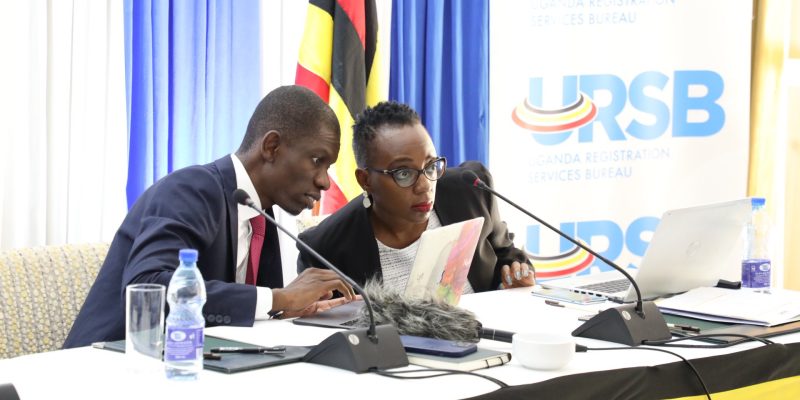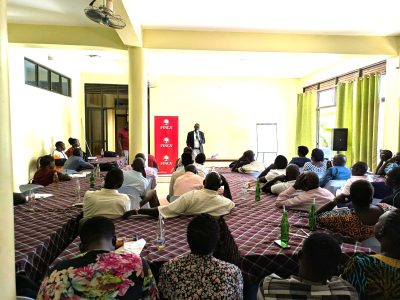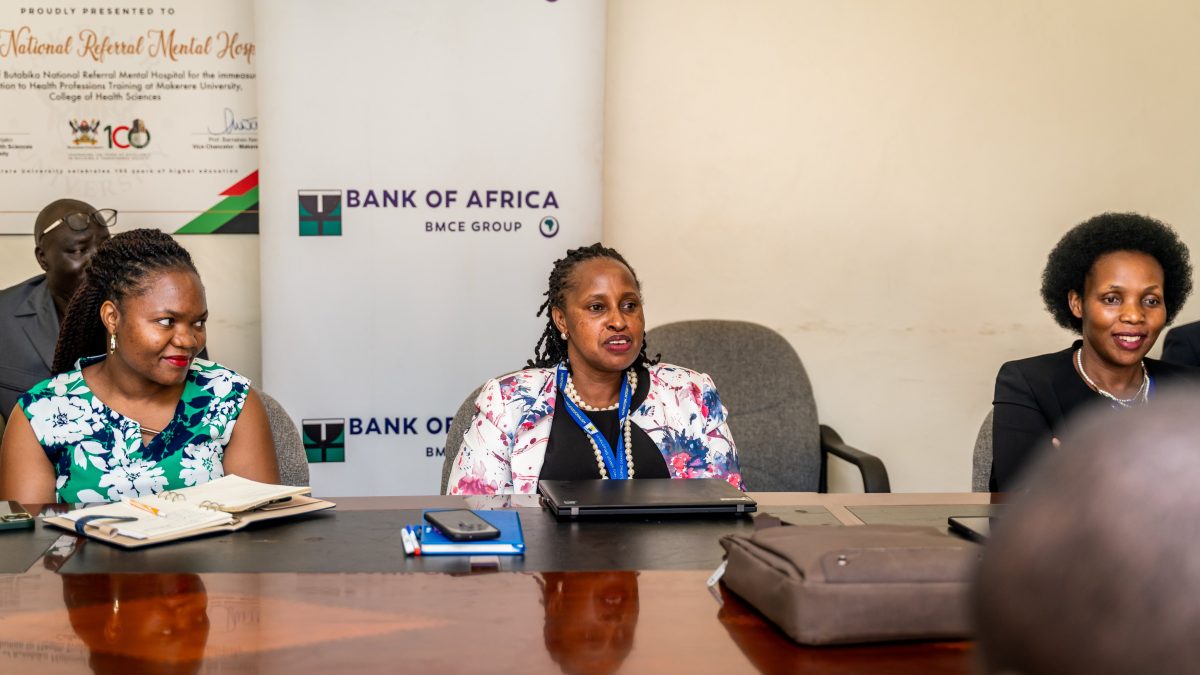
Uganda’s removal from the grey list of countries vulnerable to money laundering hinges on its ability to attain a registration rate of 80 percent or higher for company and business beneficial owners. The Financial Intelligence Authority (FIA) emphasized that meeting this criterion is one of the key parameters for Uganda’s exit from the grey list, where it was placed in 2020 due to concerns over money laundering and terrorism financing.
Outlined within a checklist featuring 22 action areas aimed at combating money laundering and terrorism financing, Uganda has successfully fulfilled 21 of these requirements. However, the country is yet to provide real-time access to information regarding beneficiaries of companies to law enforcement agencies, a responsibility designated to the Uganda Registration Services Bureau (URSB).
Mr. Sydney Asubo, the outgoing director of FIA, highlighted that Uganda’s current compliance level stands at 40 percent, falling short of the mandated threshold of 80 percent or higher. In anticipation of an upcoming review next month, it remains uncertain whether URSB will have met the 80 percent requirement by then.
Despite the challenges, URSB has taken steps to address the issue. Ms. Patricia Opoka, the URSB manager for document registration and licensing, stated that they have granted specific ministries, departments, and agencies access to their system for retrieving information on beneficial owners. She mentioned that since June, efforts have been intensified to register beneficial owners.
Looking ahead, Mr. Asubo, departing from his position after eight years, emphasized that the forthcoming review in London, UK must yield positive results. Failure to meet the required standards could result in Uganda being included in the sanctions list alongside countries like Iran, North Korea, and Burma.
Uganda’s position on the Financial Action Task Force (FATF) grey list underscores its need to take substantial measures to address money laundering and terrorism financing concerns. The government has assured international partners, including the International Monetary Fund, that it is committed to allocating resources for the effective implementation of these measures in the short term.










